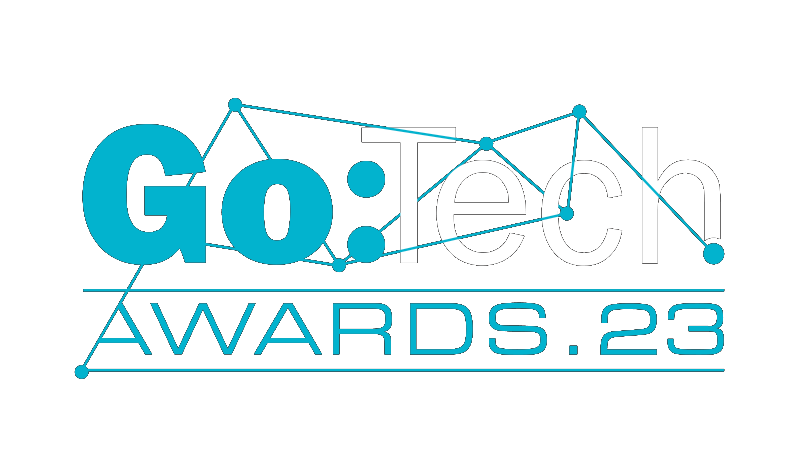Selling a business held within an Employee Ownership Trust (EOT) involves unique considerations for ex-shareholders, the management team, and the board of trustees. At Bishopsgate, we provide expert advice on navigating this process, ensuring the best outcome for all stakeholders.
Bishopsgate’s team of experts have been through this process and can provide straight forward and experience led advice.
Why Sell an EOT-Owned Business?
Whilst transitioning to an EOT can provide tax advantages, potential for increased employee engagement, and in theory long-term stability, there may come a time when selling the business becomes the best option. Common reasons include:
- Limitações de crescimento - A empresa pode exigir investimentos externos ou parcerias estratégicas que uma estrutura EOT não possa fornecer. Planejamento, retenção de liderança ou motivação dos funcionários para impulsionar o sucesso contínuo, pois não experimentará nenhum crescimento de capital com taxas de imposto sobre ganhos de capital. Melhor facilitado por meio de uma venda ou investimento em patrimônio privado. De um EOT?
- Market Conditions – A favorable market or a strategic buyer offering an attractive premium may make it the right time to sell.
- Employee Buyout Challenges – The business might struggle with succession planning, leadership retention, or employee motivation to drive continued success as they will not experience any equity growth at Capital Gains Tax rates.
- Trustee or Management Team Preferences – Those overseeing the trust may feel that an external buyer is in the best interest of employees and the company’s long-term future.
- Financial Considerations – The company might need fresh capital or financial restructuring that is best facilitated through a sale or private equity investment.
Key questions Bishopsgate experts can answer:
- How do you sell a business out of an EOT?
- What are the potential pitfalls of this process?
- Is the sale in the best interests of the beneficiaries?
- What are the tax and cultural implications of selling the business from an EOT?
- para quem você pode vender? Embora a transição original para um EOT se beneficie das vantagens tributárias (como isenções da CGT para os acionistas vendedores), uma venda subsequente a um comprador externo pode ter consequências fiscais para a confiança e os funcionários. As principais considerações fiscais incluem:
Key Considerations When Selling an EOT-Owned Business
What Are the Tax Implications of Selling an EOT?
Selling a company out of an EOT requires careful tax planning. Whilst the original transition into an EOT benefits from tax advantages (such as CGT exemptions for the selling shareholders), a subsequent sale to an external buyer can have tax consequences for both the trust and employees. Key tax considerations include:
- Capital Gains Tax (CGT) Exposure – Depending on the timing and structure of the sale, CGT liabilities may arise for the trust or the employees if proceeds are distributed.
- Income Tax Considerations – If employees receive proceeds from the sale, potential income tax and National Insurance liabilities must be evaluated.
- Corporation Tax – The impact of a sale on the company’s tax liabilities, particularly if structured as an asset sale rather than a share sale.
What Are the Governance Implications and Trustee Responsibilities?
EOTs are governed by a board of trustees, who have a fiduciary duty to act in the best interest of the employees. A sale requires:
- Aprovação do Trustee - Os curadores devem garantir que uma venda alinhe com a ação de confiança e não prejudique os funcionários.
- Employee Consultation – While employees do not directly control the sale, their interests must be represented, and clear communication is essential to maintaining morale and engagement.
- Regulatory and Legal Compliance - Garantir que a venda adere à estrutura legal que rege os EOTS e não viola inadvertidamente acordos de confiança ou leis de emprego.
Como uma venda afetará os funcionários e a cultura da empresa? No entanto, esse nem sempre é o caso. A venda do negócio para terceiros pode ajudar a desbloquear o crescimento futuro, pagar ex -acionistas e fornecer à gerência o valor futuro do patrimônio. Os principais fatores a serem considerados incluem:
One of the potential benefits of an EOT is fostering employee engagement and shared ownership. However, this is not always the case. Selling the business to a third party can help unlock future growth, pay off former shareholders and provide management with future equity value. Key factors to consider include:
- Incentivos e planos de retenção dos funcionários - Garantir que o pessoal -chave permaneça envolvido através da transição.
- Communication Strategy – Managing employee expectations and addressing concerns proactively.
- Integração com o novo proprietário-Avaliando como uma nova estrutura de propriedade afetará os funcionários e se eles ainda terão uma voz no negócio. vendido no momento certo para maximizar o valor. Equipe
How Can You Maximise the Value of the Business?
Selling an EOT-owned business requires a well-planned valuation strategy that considers:
- Market Conditions – Ensuring the business is sold at the right time to maximise value.
- Buyer Interest – Identifying strategic buyers who value the company’s long-term potential.
- Structure of the Deal – Assessong whether a share sale or an asset sale is most appropriate, and how deferred payments or earnouts may be structured to benefit all stakeholders.
EOT Sale Team

James McBain Allan
Parceiro

Roger Shepherd
EOT SALE SPENISTIDO
If you’re considering selling a business within an EOT framework and seek expert guidance, contact us to discuss how we can help you achieve a successful transition.





